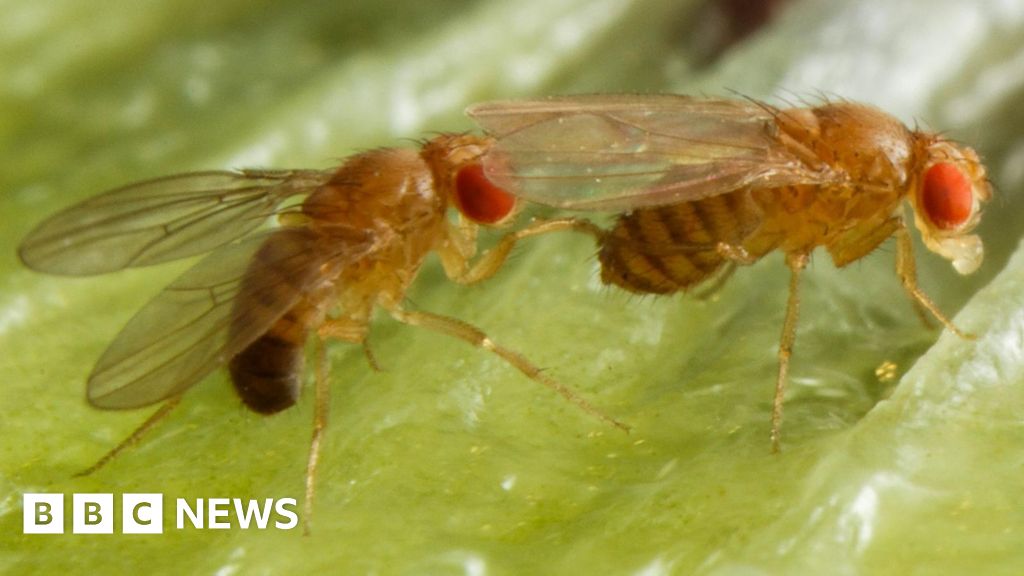ARTICLE AD BOX
By Helen Briggs
Environment correspondent
Image source, Getty Images
Image caption,A mesh of underground fungi plays an important role in energy and nutrient recycling
A science mission is set to explore one of the final frontiers of untapped knowledge on the planet - the fungal networks in the soil beneath us.
Fungi form an underground network of connections with plant roots, helping to recycle nutrients and to lock up planet-warming CO2 in the soil.
But little is known about this giant mesh of fungi and its role in fighting climate change.
It is part of what's popularly known as the Wood Wide Web.
This is an underground network of plant roots and fungi that, among other things, allows trees to share nutrients.
And scientists say "underground conservation" has been long overlooked.
The initiative to map and preserve the Earth's underground fungal networks is led by the Society for the Protection of Underground Networks.
It is the start of an "underground climate movement" to protect "this ancient life support system" said Toby Kiers, professor of evolutionary biology at VU University in Amsterdam.
Local experts, dubbed "myconauts" after mycology, the study of fungi, will collect 10,000 samples over the next 18 months to compile a global map of fungal hotspots.
And machine learning will be used to build up a picture of the function of fungal networks and their role as carbon sinks - something that absorbs more carbon-containing compounds - such as carbon dioxide from the atmosphere - than it releases.
Image source, Vasilis Kokkoris
Image caption,3D image of a fungal network
Scientists say fungal networks are under threat due to agricultural expansion, the use of fertilisers and pesticides, deforestation and urbanisation.
Current estimates put the amount of carbon dioxide taken out of the air and locked up in the soil with the help of fungal networks at five billion tonnes - although it could be more than three times higher.
"If we lose this system, this is going to have really serious consequences for our ability to fight climate change," Prof Kiers told BBC News.
Fungi are "the invisible ecosystem engineers and their loss is totally undocumented", she added.
Soils are home to 25% of all species on Earth, yet current plans to conserve biodiversity hotspots above ground fail to protect over 50% of biodiversity below ground.
The total length of the fungal network in the top 10cm of soil is more than 450 thousand quadrillion kilometres: around half the width of our galaxy.

 3 years ago
53
3 years ago
53








 English (US) ·
English (US) ·